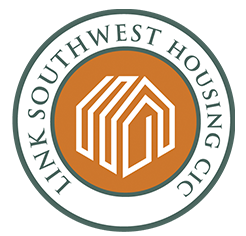Supported Living
What is ‘supported living’?
Link Southwest Housing CIC believes disabled people should have choice and control over where, how and whom they live with, and who should provide them with the support they need to do this.
Supported Living separates housing and support so each solution is unique to the individual tenant. We source and secure good quality homes, while the right general social, domiciliary or floating care and support is provided by care provider organisations.
This can look different for different people. For example, it might be:
- living in a place that is rented through an assured or an assured shorthold tenancy; this might be a joint or an individual tenancy, in shared or self-contained accommodation
- living in an owned property, either outright or as shared ownership.
- In terms of support, tenants might:
- have all their support paid for
- have a mixture of paid-for support and informal or “natural” support from family, friends and/or community support
- not have any paid-for support, but some “natural” support
- have set up supported living from scratch, by planning for and getting your housing and support as they have designed it
- have moved into an existing service – some accommodation with support that had a vacancy.
Our tenants have security of tenure with the same rights and responsibilities as anyone who rents their own home.
With supported living options, subject to their fairer charging procedures, social services and health funding can pay for care and support that is needed. The welfare benefits system can help pay for housing and everyday living costs.


